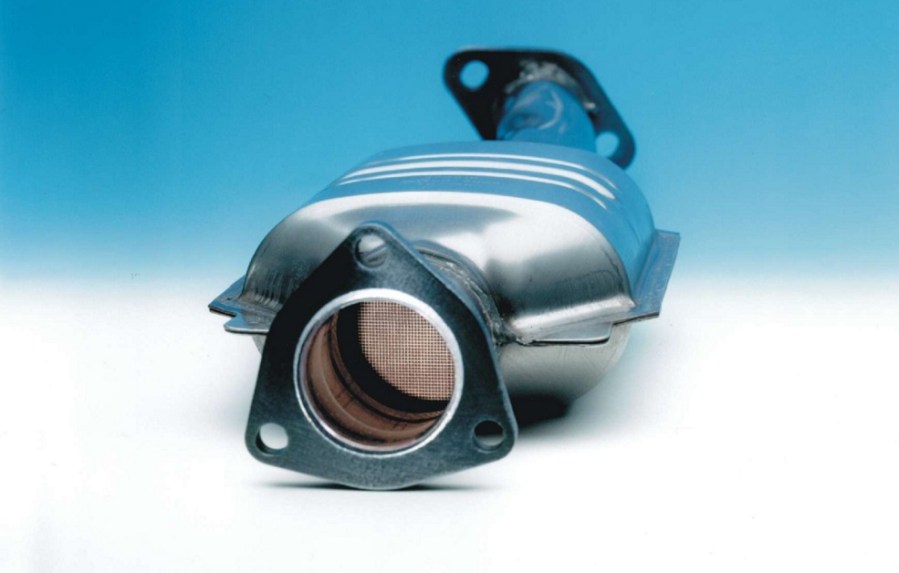Catalytic converter theft has risen dramatically in 2019, according to police figures. For the first six months of 2019, 2894 catalytic converters were stolen in London alone, compared to 1674 thefts for the whole of 2018 – a worry for owners of modern classics who may struggle to source let alone afford replacements.
The surge in thefts is believed to be linked to the skyrocketing values of two of the metals used in catalytic converters, palladium and rhodium, with gangs stripping the parts and selling them overseas. Palladium is now reportedly worth £1300/oz and rhodium £4000/oz, metals merchant FJ Church and Sons told the BBC.
In a car’s exhaust system, catalytic converters clean up harmful gases before they exit the exhaust pipe. All new cars in Europe have had to have them fitted since 1993, while they’ve been fitted to cars in the US since 1975. Broadly speaking, the car is unlikely to pass an MoT if it’s been removed, meaning replacement is the only option. For something like an early 1990s Mini, that’ll typically cost you about £50, but prices for vehicles such as Prius Gen 2 can run into four figures.
Although there are thousands of different types of converters, the cars that are most often targeted are hybrid vehicles. This is because hybrids generally have higher amounts of precious metals in their catalytic converters, and tend to be in better condition because they are not used when the vehicles run on electricity. According to the Guardian, Toyota said it had experienced a 2000 per cent increase in demand for parts as a result of the crimewave, and that it had been struggling to keep up.
The police has advised that vehicle owners consider safety measures such as marking catalytic converters with a serial number to make it distinctive, protective coverings, installing CCTV and alarms, and parking vehicles to prevent access underneath.





